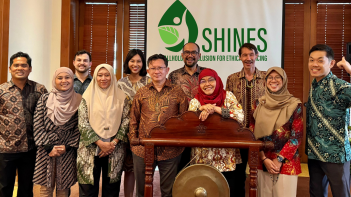Kuala Lumpur, 19 September
A joint resource published today will support responsible agricultural and forestry commodity production in Malaysia by providing practical guidance for identifying High Conservation Values in Malaysia.
The Malaysian National Interpretation for the Identification of High Conservation Values has been developed by the HCV Malaysia Toolkit Steering Committee, which comprises Forest Stewardship Council (FSC) Malaysia, the Malaysian Palm Oil Association (MPOA), the Malaysian Palm Oil Certification Council (MPOCC), the Malaysian Timber Certification Council (MTCC), the Roundtable on Sustainable Palm Oil (RSPO), the Roundtable on Sustainable Biomaterials (RSB) and WWF-Malaysia.
High Conservation Values – or HCVs – are biological, ecological, social or cultural values of outstanding significance or critical importance within a landscape. The HCV approach aims to ensure that areas for biodiversity, and cultural and community needs are protected while allowing economic development and agricultural production. It is used widely in certification standards for forestry (such as the FSC and MTCC) and agriculture (RSPO, the Roundtable on Responsible Soy etc.) for natural resource management and conservation planning.
Surin Suksuwan, Southeast Asian Regional Director of Proforest, which has facilitated the development of the guidance, said: “The HCV National Interpretation will play an important role in supporting better identification of HCVs in Malaysia by providing the national context for the definitions of each of the six HCV categories, as well as a framework for assessing levels of threat to the HCVs, and relevant case studies and data sources.”
The Malaysian National Interpretation for the Identification of High Conservation Values has been developed via a participatory consultation process involving a wide range of stakeholders including government agencies, producer companies, consultants, academics and researchers, environmental non-governmental organisations and civil society organisations.
The new document is intended for HCV assessors, resource managers, and auditors and should be used in conjunction with the HCV Resource Network’s Common Guidance on the Identification of HCVs. It is not a binding document, but rather a ‘best practice’ guide. Further details on requirements relating to HCVs should be sought from the relevant certification scheme.
FOR MORE INFORMATION
Contact: Surin Suksuwan [email protected], tel:+60 (0)3 22420021
——–
About the HCV Malaysia Toolkit Steering Committee
The HCV Malaysia Toolkit Steering Committee was established in 2015 with a remit of developing a new HCV toolkit which is applicable to various terrestrial ecosystems in Malaysia and aligned to the HCV Common Guidance. The Steering Committee comprises the Forest Stewardship Council (FSC) Malaysia, the Malaysian Palm Oil Association (MPOA), the Malaysian Palm Oil Certification Council (MPOCC), the Malaysian Timber Certification Council (MTCC), the Roundtable on Sustainable Palm Oil (RSPO), and the Roundtable on Sustainable Biomaterials (RSB) and WWF-Malaysia.
In order to ensure a good range of technical expertise, the Steering Committee formed the Technical Working Group (TWG), consisting of a wide range of subject matter specialists, to provide advice and technical inputs to support the development of the HCV Malaysia toolkit. TWG members represent 30 different stakeholder groups from across the three geographical regions in Malaysia: Sabah, Sarawak and Peninsular Malaysia. In each geographic region, efforts were made towards ensuring adequate representation from the different key stakeholder groups.
Proforest acted as the secretariat and facilitator on behalf of the Steering Committee throughout the process of developing the Malaysian National Interpretation for the Identification of High Conservation Values, which can be downloaded at www.proforest.net/HCVMY
DOWNLOAD
The Malaysian National Interpretation for the Identification of High Conservation Values can be downloaded at www.proforest.net/HCVMY
Keep reading
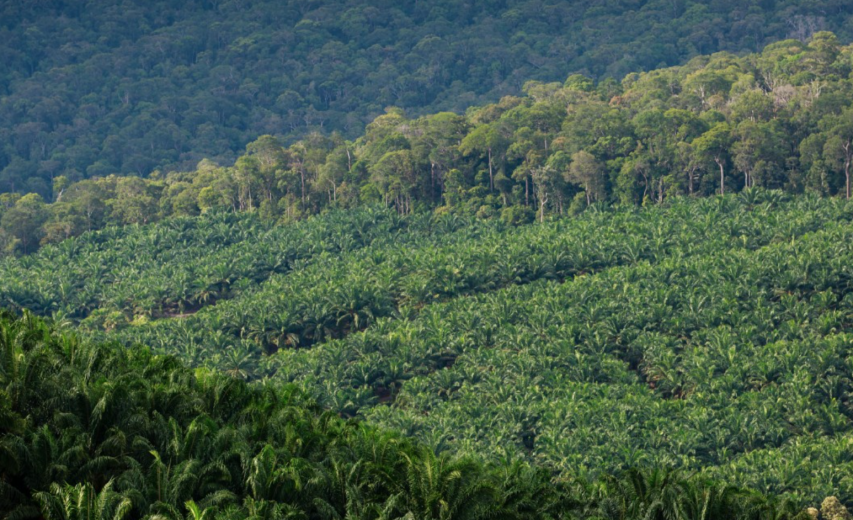
Scaling up sustainability impact in the palm sector

RSPO Members Adopt the 2024 Principles and Criteria and Independent Smallholder Standard

RSPO Roundtable Conference Calls for Bold, New Approaches to Transform Sustainable Palm Oil
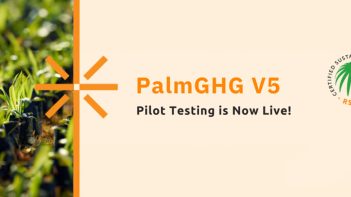
PalmGHG V5 Pilot Testing is Now Live!
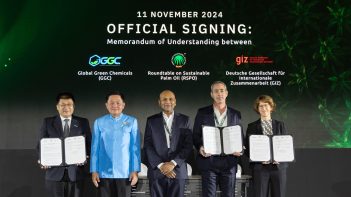
RSPO Partners With GGC and GIZ to Integrate Climate Impact Reduction within RSPO Certification for Thai Oil Palm Growers

RSPO and HCVN To Advance High Conservation Value Protection for Sustainable Palm Oil
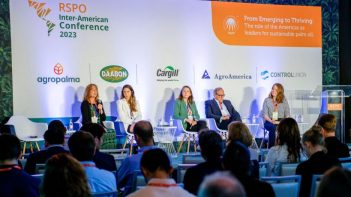
RSPO Inter-American Conference: One year later
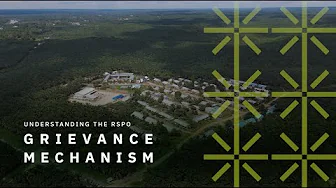
From Grievance to Resolution (video)
